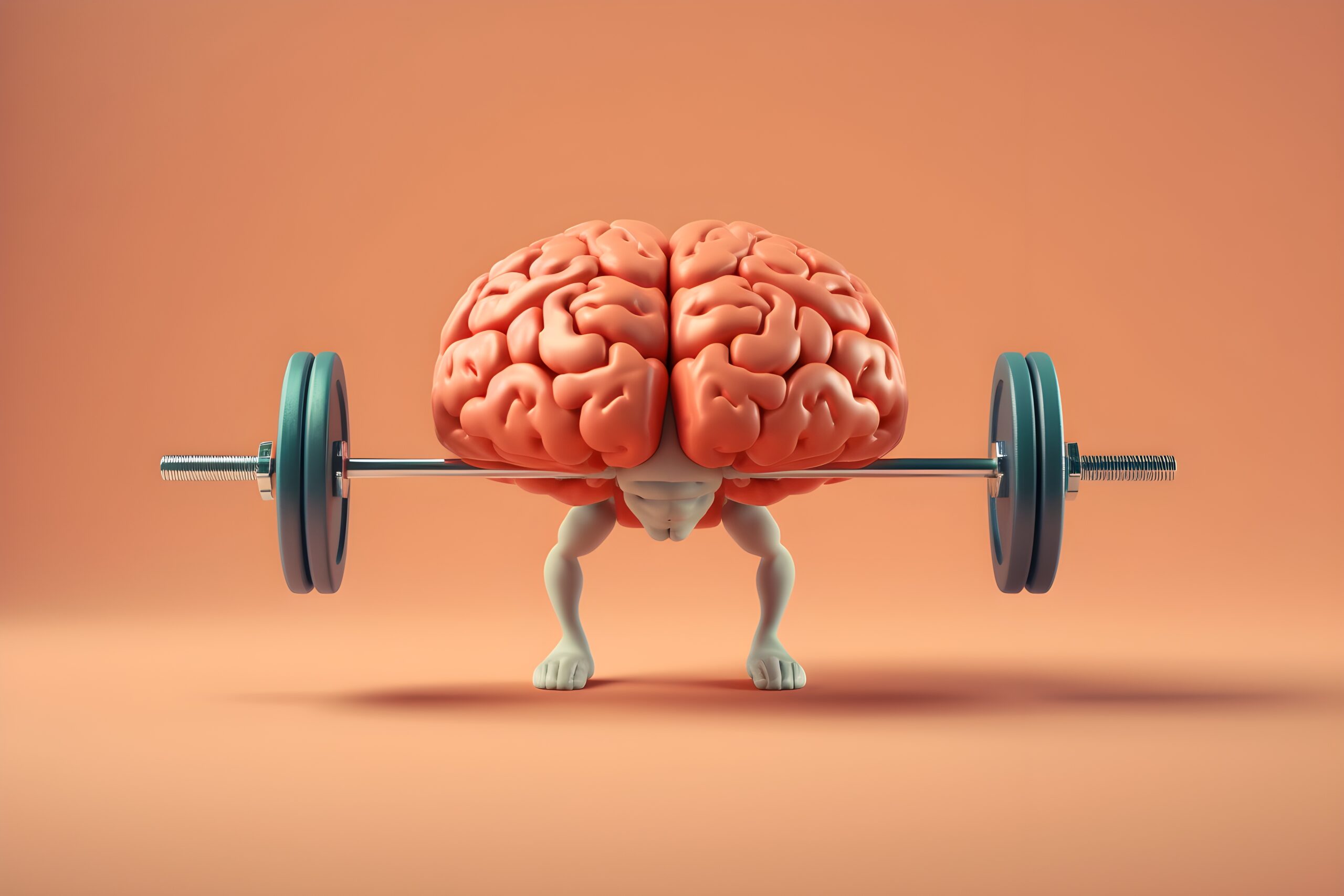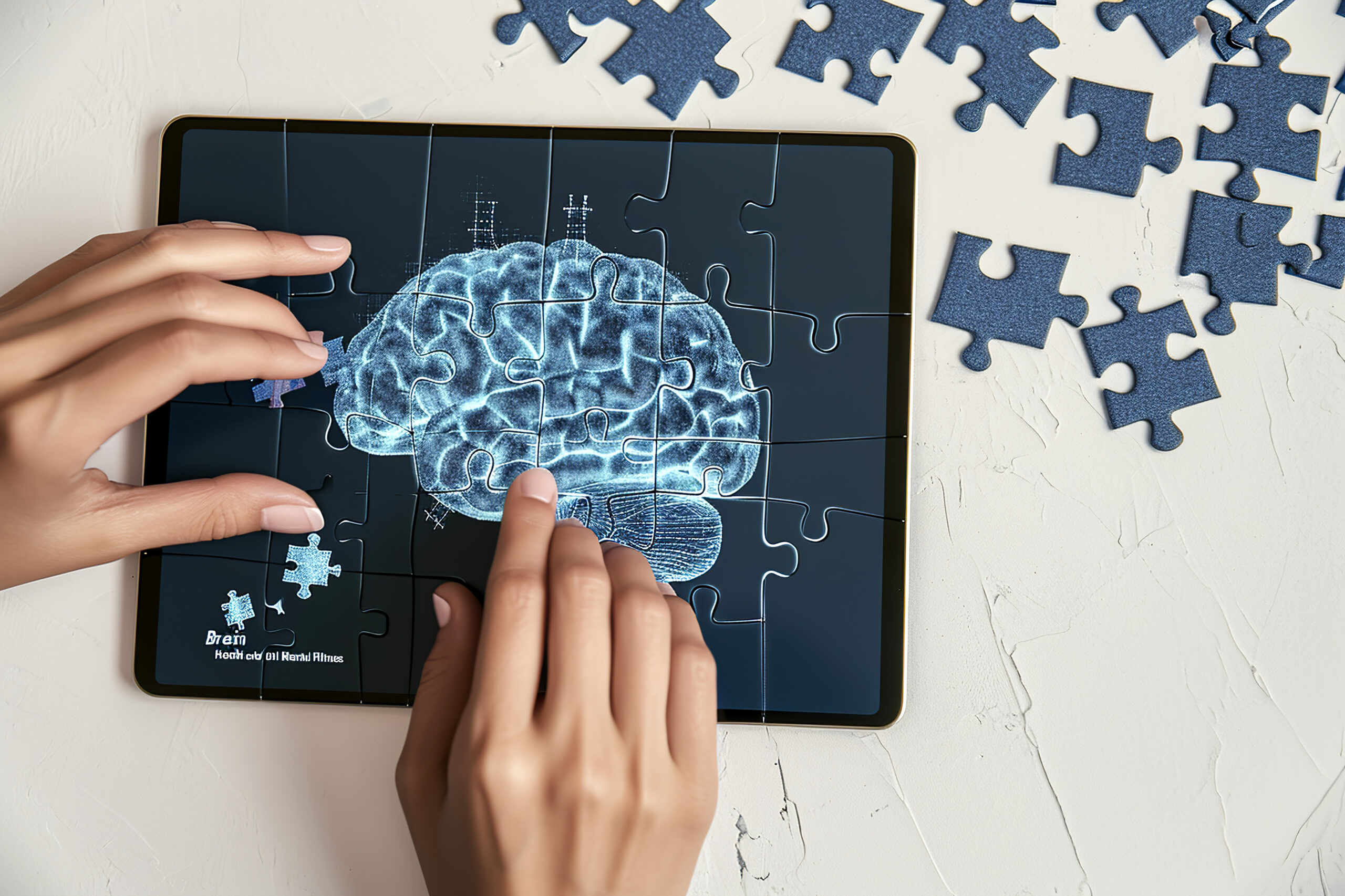Unlocking the Power of Nootropics: A Guide to Their Uses and Benefits

In today’s fast-paced world, where cognitive demands are constantly on the rise, many individuals are turning to nootropics to enhance their mental performance. Whether you’re a student looking to boost your learning capacity, a professional striving to improve focus, or simply someone interested in maintaining optimal brain health, nootropics might offer the edge you need. But what exactly are these substances, and how can they benefit you? Let’s dive into the world of nootropics.
What Are Nootropics?
Nootropics, often referred to as “smart drugs” or cognitive enhancers, are substances that can improve cognitive function, particularly executive functions such as memory, creativity, or motivation. The term “nootropic” was first coined by Romanian psychologist and chemist Dr. Corneliu E. Giurgea in 1972. These substances can be natural or synthetic and are designed to support brain health and enhance mental clarity.
The Benefits of Nootropics
Enhanced Cognitive Function:
One of the primary benefits of nootropics is their ability to improve cognitive functions such as memory, focus, and learning. For instance, substances like Piracetam have been shown to enhance memory and learning in various studies, making them popular among students and professionals alike.
Mood and Emotional Well-Being:
Nootropics can also play a role in improving mood and reducing anxiety. Adaptogens like Ashwagandha and Rhodiola Rosea help the body manage stress, potentially alleviating symptoms of anxiety and depression. This emotional balance can lead to better mental performance and overall well-being.
Increased Energy and Motivation:
Many nootropics work by enhancing the production of neurotransmitters like dopamine, which can boost motivation and energy levels. Caffeine, a well-known nootropic, is widely used to increase alertness and combat fatigue, making it easier to tackle demanding tasks.
Better Sleep Quality:
While some nootropics are designed to energize, others can help improve sleep quality. L-Theanine, an amino acid found in tea leaves, promotes relaxation without drowsiness and is often used to enhance sleep. Melatonin is another nootropic that can help regulate sleep-wake cycles, leading to more restful sleep.

Neuroprotection:
Nootropics aren’t just about enhancing performance; they also offer neuroprotective benefits. Substances like Ginkgo Biloba and Omega-3 fatty acids have antioxidant properties that protect brain cells from damage, potentially reducing the risk of neurodegenerative diseases like Alzheimer’s.
Creativity and Problem-Solving:
For those involved in creative work, nootropics like Modafinil can enhance creative thinking by stimulating certain brain areas responsible for divergent thinking. This can lead to new ideas and innovative solutions to problems.
Improved Attention and Focus:
Nootropics like Adderall and Ritalin (prescription medications) are commonly used to treat ADHD, improving attention span and focus. For those without ADHD, other nootropics like Bacopa Monnieri can support sustained attention and concentration.
and concentration.
Giurgea, C. (1972). “Psychic Stimulants.” Psychological Medicine, 2(3), 162-167.
Nehlig, A., Daval, J. L., & Debry, G. (1992). “Caffeine and the central nervous system: mechanisms of action, biochemical, metabolic and psychostimulant effects.” Brain Research Reviews, 17(2), 139-170.
Sarris, J., Panossian, A., Schweitzer, I., Stough, C., & Scholey, A. (2011). “Herbal medicine for depression, anxiety and insomnia: a review of psychopharmacology and clinical evidence.” European Neuropsychopharmacology, 21(12), 841-860.
Nair, A., & Maseeh, A. (2012). “Vitamin D: The ‘sunshine’ vitamin.” Journal of Pharmacology and Pharmacotherapeutics, 3(2), 118-126.
Kennedy, D. O., & Scholey, A. B. (2004). “A glucose-caffeine ‘energy drink’ ameliorates subjective and performance deficits during prolonged cognitive demand.” Appetite, 42(3), 331-333.
Murphy, K. J., & Noakes, M. (2009). “Does fish oil enhance cognition?” American Journal of Clinical Nutrition, 90(4), 970-971.









